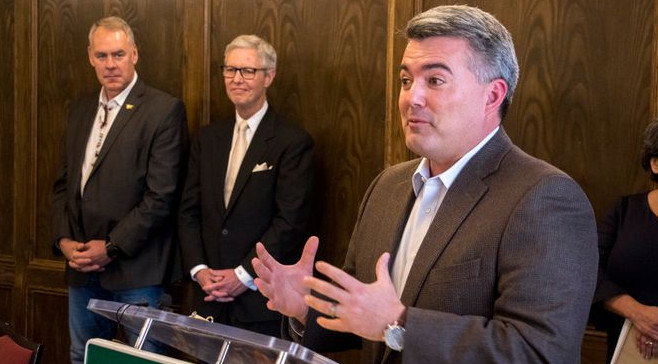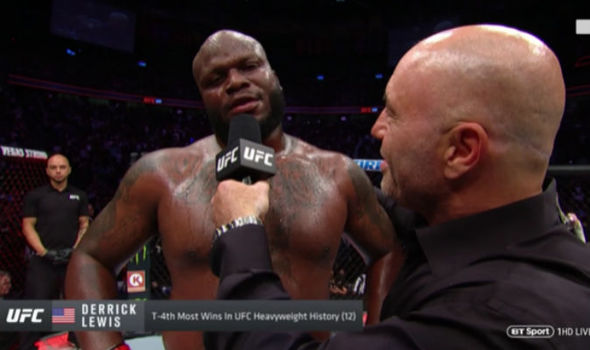Sessions’ decision is consistent with his longtime antipathy toward legalizing marijuana. But it is at odds with the stated views of his boss. During his 2016 campaign for president, Donald Trump endorsed medical marijuana and said pot legalization “should be a state issue, state-by-state.”
Attorney General Jeff Sessions was doing his job when he issued a directive to enforce federal law prohibiting marijuana use.
Now it’s time for Congress to do its job and repeal the law.
Last week, Sessions rescinded an Obama administration policy that deprioritized prosecution of marijuana-related cases in states that have legalized the drug in some form. What Sessions did was perfectly legal — indeed, he was striking a blow for the rule of law.
Prosecutors should exercise discretion when deciding whether to charge someone with a crime. They should weigh the strength of the evidence, the circumstances, and the odds of getting a conviction on a case by case basis. But that’s different than ignoring an existing law, which is close to what the Obama policy was. Why bother having laws on the books if they aren’t going to be enforced — or enforced in a highly selective manner?
However, there is no compelling reason for the federal government to be prosecuting marijuana cases when the trend nationwide has been going the opposite direction. Twenty-nine states, including Florida, allow for the medical use of marijuana. Eight have legalized marijuana possession for recreational use. At least a dozen more have decriminalized possession of marijuana in small amounts. Yet marijuana remains illegal under federal law, under any circumstance.
What we have is a disconnect between policy and process. Sessions’ reversal puts the Trump administration on the right side of the law, but in pursuit of a flawed policy — an expansion of the War on Drugs into an area where much of the country has declared peace.Only Congress can rectify the situation.
Federal law enforcement resources should be directed toward crimes that involve plainly federal interests — organized crime, bank robberies, complex financial schemes that cross state lines, etc. Washington should not be meddling in states that have adopted marijuana laws that their voters clearly want. By reversing the Obama policy, Sessions creates uncertainty in the nascent development of pot-related businesses, many of which are geared toward the medical marijuana market.
Sessions’ decision is consistent with his longtime antipathy toward legalizing marijuana. But it is at odds with the stated views of his boss. During his 2016 campaign for president, Donald Trump endorsed medical marijuana and said pot legalization “should be a state issue, state-by-state.”
Rather than have the president direct his attorney general to return to the Obama policy, Congress must step in.
In response to the change in federal pot policy, Sen. Cory Gardner, R-Colorado, angrily vowed to put a hold on every Justice Department nominee until Sessions reverses course.
What Gardner should have done is bring to the floor a bill that repeals the federal marijuana law, leaving it up to the states to decide how to handle it. That’s old-fashioned federalism, something Republicans used to embrace whole-heartedly — and regarding marijuana, a principle on which many Democrats would join them.
credit:newsherald.com













